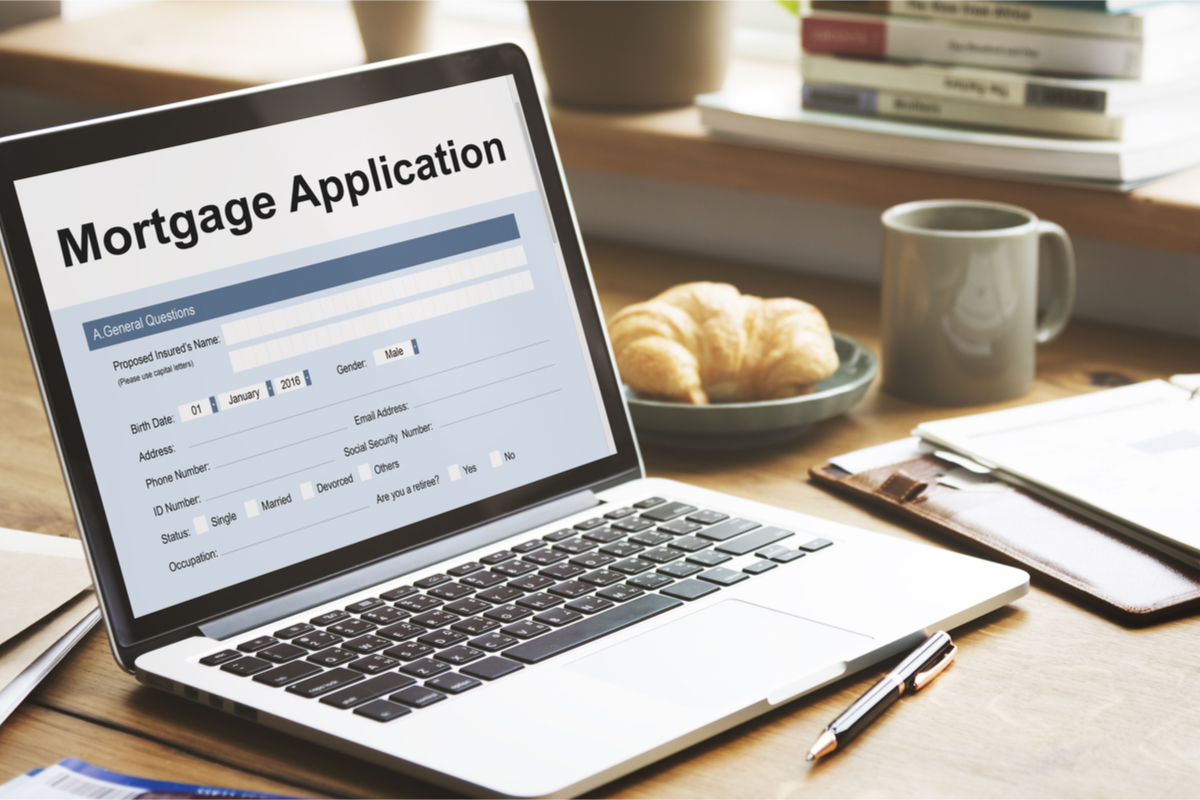

Are you ready to own a property?
Applying for a Mortgage
The world of mortgages can be a confusing, stressful and daunting especially if it’s new to you. However, with a little forethought, research and planning, your home owning dreams can become a reality. Here we share tips for deposit saving and outline various ways to help you become a desirable mortgage candidate to lenders.
Saving for a deposit
It’s one of the biggest hurdles to getting on the property ladder, but managing to save enough for a deposit is key when applying for a mortgage. The bigger your deposit, the better mortgage interest rates you will be offered. There are many banks that will accept a 5% deposit, but the bigger the down payment the less you will pay each month on your mortgage. If you can aim for 20% deposit, this will mean you are much less financially stretched in the long run. How much of a deposit you can save will directly affect the value of the house you can afford, so it might pay to keep saving if you can’t find the right property for your budget at present.
Stay positive
If deposit woes are getting to you, try to keep positive. There may still be options out there that suit your situation. Mortgage applications can be stressful as lenders often ask for detailed financial information and proof of your earnings and expenditure in order to give a ‘stress test’ if your own circumstance or the financial climate suddenly changes. Keep in mind that mortgage brokers can be employed to research the best deals available to you and that there is lots of competition in the mortgage market, with lenders looking for borrowers to take up a variety of deals.
Find out more about the rates available
Related to the above, do research yourself and think about approaching a specialised mortgage broker who can present the best deals to you, especially if you are new to the property game. Depending on your circumstance, you may only be able to afford rates of 4% interest and above. Again, you can find better deals with bigger deposits of 20/25% or even more.
Fixed rate
The most accessible way to approach a mortgage for many is to go for a fixed rate deal that means you will pay a set amount per month for a fixed term, meaning you can budget month to month accurately. Once the fixed rate term is over, the mortgage rate will reset to the banks standard variable rate shaped by the market, however at this point most homeowners would then reapply for another fixed rate deal, perhaps with a competitor.
Go for longer-term mortgage deals
Sometimes affordability can be achieved for first-time buyers by aiming for a long-term mortgage deal of 25 or 30 years with a fixed rate term of 5 years, which can help avoid more strenuous stress testing from lenders. You can also now fix your interest rate for 10 years for not much more than a fixed five year deal. Some people even opt for a 15 year fixed rate, but make sure you know the pros and cons.
Calculate extra costs
Remember that there are often extra costs to consider too when applying for a mortgage such as a lenders arrangement fee, which can be up to £1000, though this can be added into the mortgage repayments. Look out for lenders who offer free legal and survey fees and ones that also offer cashback deals.
Boost your credit rating
A big part of the mortgage application process will involve lenders checking your credit rating so it’s vital to prove that you are on top of your regular finances at this stage. Check your credit rating by using one of the many services available online. If it needs a boost there are various ways you can improve upon your score, such as repaying credit cards regularly and on time as well as any utility bills and direct debit contracts you have set-up. Remember it’s not just what you earn but what you spend that banks will be looking at, so cut down on unnecessary purchases and extravagant spending in the lead-up to your application.
Use a help-to-buy ISA
The government-baked help-to-buy ISAs is still available to help save for a deposit, a tax efficient and organised way to prove to banks you have available cash to save aside regularly. You can open these accounts with as much as £1,200 and then make regular monthly payments of around £200 a month – as well as earning interest; the government will boost your savings when it comes to buying a property too.
Over pay when you can
Once you have successfully attained a mortgage, keep on top of your finances by overpaying on monthly fees when you can, especially if you are tied into a long-term deal. This will give you more equity and buying power when it comes to moving up the ladder again.
Talk to us at Urban Union if you would like to purchase a property as we can advise you on the Help to Buy scheme available for our buyers.


